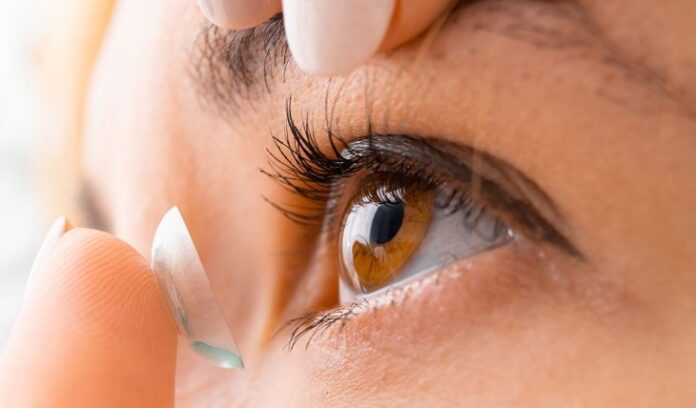Wearing contact lenses during the monsoon season can present several challenges and disadvantages, including:
- Increased Risk of Eye Infections: The humid and wet conditions during the monsoon can create a breeding ground for bacteria and fungi. If contact lenses are not properly cleaned and maintained, this can lead to an increased risk of eye infections.
- Dry Eyes: The use of air conditioning indoors during the rainy season can lead to dry eyes, which can be exacerbated by wearing contact lenses.
- Contaminated Water Exposure: During the monsoon, there is a higher chance of getting caught in the rain or dealing with waterlogged areas. Exposure to contaminated water can introduce harmful pathogens to the eyes, increasing the risk of infections.
- Allergies and Irritation: The monsoon season often brings an increase in pollen and mold spores, which can cause allergies. Wearing contact lenses can exacerbate symptoms like itching and redness.
- Lens Discomfort: High humidity and changes in temperature can affect the fit and comfort of contact lenses, making them feel less comfortable to wear.
- Difficulty Maintaining Hygiene: Keeping contact lenses clean and hygienic can be more challenging during the monsoon due to the increased moisture and the potential for dirt and debris to get into the eyes.
To mitigate these disadvantages, it’s essential to follow good hygiene practices, such as washing hands before handling lenses, using proper cleaning solutions, and avoiding contact with rainwater. Additionally, considering the use of daily disposable lenses can help reduce the risk of infections.



